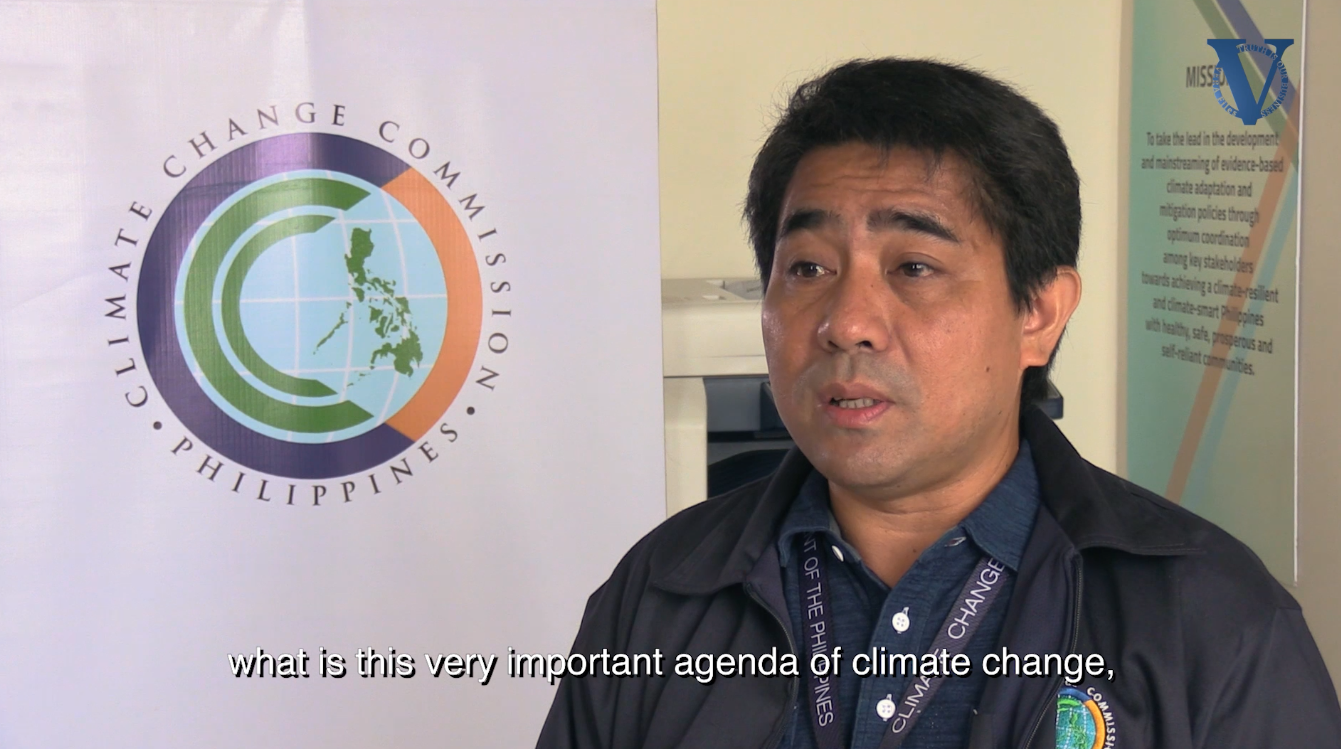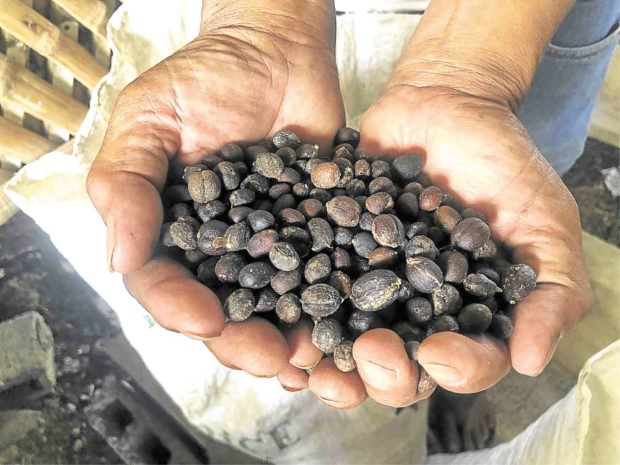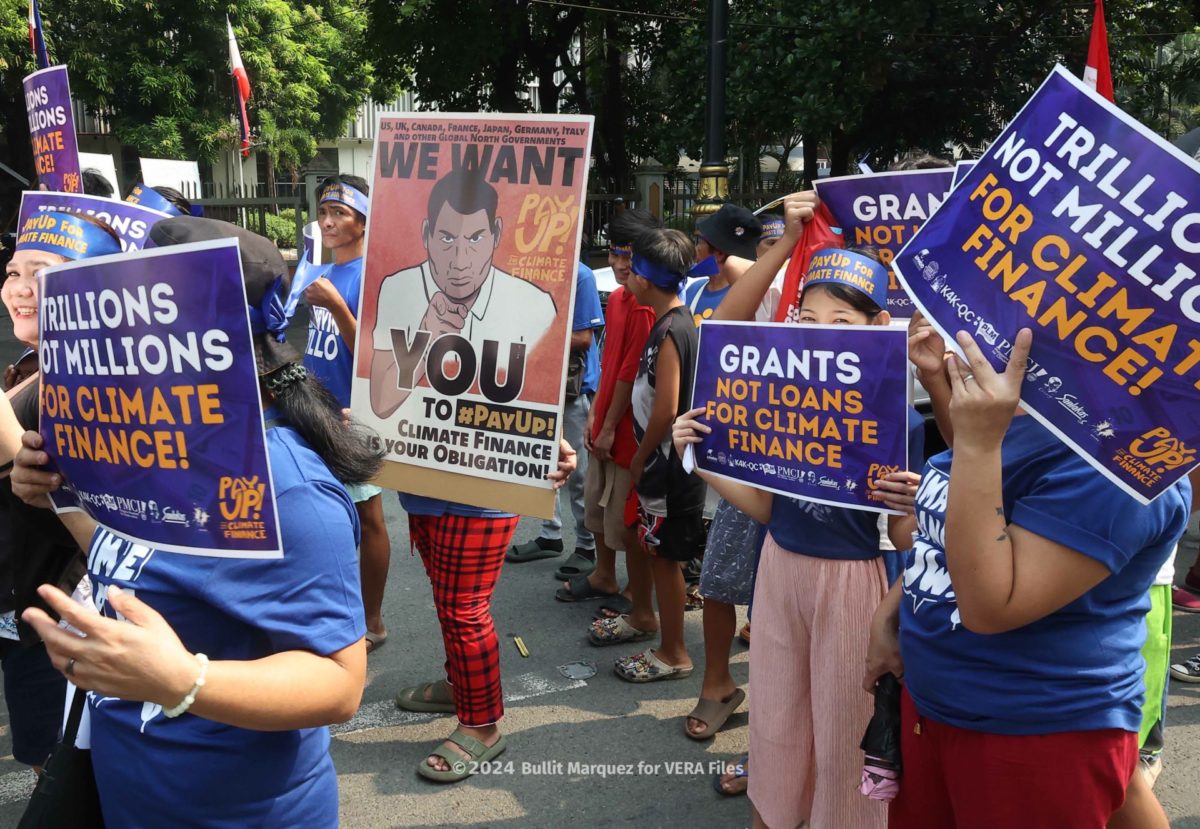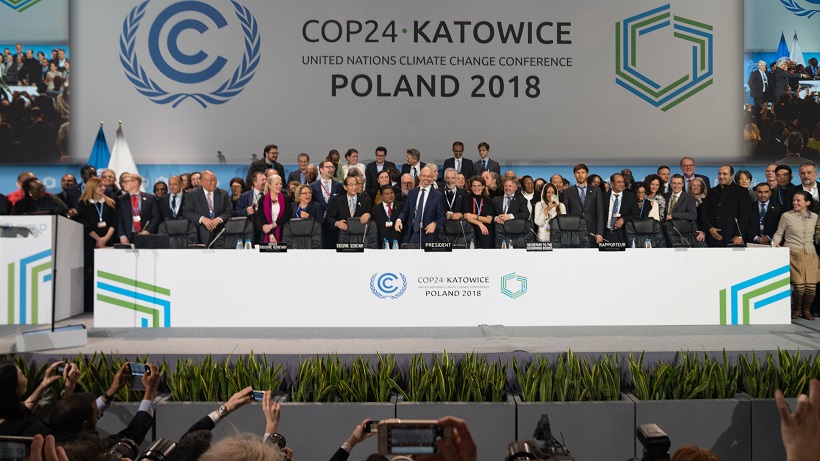
COP24 negotiators happy to have read an agreement after intense talks.
Philippine environment officials see more work to transform into reality what has been agreed upon by over 20,000 delegates from 195 countries in Katowice, Poland last weekend.
After intense negotiations the delegates adopted over the weekend a set of guidelines for implementing the 2015 Paris Agreement meant to guide efforts for global climate action.
Climate Change Commission Secretary Emmanuel M. de Guzman lauded the hard work and extraordinary leadership that Poland exemplified to bring COP24 to its conclusion.
COP24 stands for the 24th Conference of the Parties to the United Nations Framework Convention on Climate Change whose core objective for countries at COP24 is to agree on the guidelines that govern the 2015 Paris Agreement which essentially aims to limit global warming to 1.5 degrees Celsius above pre-industrial levels.
The COP 24 set of guidelines covered technical details of the Paris Agreement, including setting up of new finance goals of US$100 billion a year by 2020 as well as on how countries provide information about countries’ climate actions, mitigation and adaptation measures.
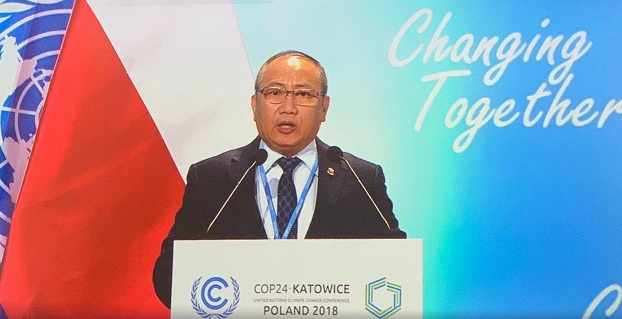
Climate Change Commission Secretary Emmanuel M. de Guzman speaks at COP24
De Guzman said the Philippines reaffirmed its commitment to meeting the goals of the Paris Agreement and engaged in all climate talks while protecting its key interests, including climate justice.
“For the work we cannot finish in our time, we shall pass on to our younger colleagues. After all, climate change is an intergenerational challenge that requires the passing of the baton of responsibility from one generation to another,” he said.
Countries are expected to re-submit or update their climate pledges known as “Nationally Determined Contributions” (NDCs) in 2020.The Philippines is set to submit its Nationally Determined Contributions next year after it has completed its ground work with all local stakeholders – both with the national government agencies and the non-state actors.
De Guzman further said the Philippines will continue to champion the following concerns of developing countries: finance are delivered, including for technology development, transfer and diffusion, and capacity-building; developed countries have clear programmes for delivery; clarity and acceptability of the time frame of the programmes to enable developing countries like the Philippines to build their national capacities to avoid future generation of greenhouse gas emissions (GHGs) and to survive the intensifying impacts of climate change through anticipatory adaptation.
Philippine participation in COP24 took on a somber note with the passing of one the country’s staunch environment advocate: Bernaditas de Castro-Muller, a veteran finance negotiator at the UNFCCC).
De Guzman paid tribute to de Castro-Muller, “Beyond her institutional legacy, she lives on in the hearts and minds of the younger colleagues she had taught and inspired. With the passing of Ditas, the Philippines lost a dear colleague; the developing countries lost a champion of their cause; and the world lost a great citizen. May the passion and commitment we saw in Ditas inspire us and those who will come after us to carry on the work in the climate negotiation process,” he said.
